Activism: Women's Rights
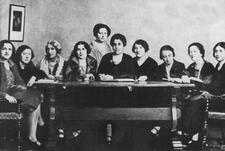
Rebecca Sieff
Rebecca Sieff, the daughter of a wealthy Jewish family from Manchester, England, played an active role in two central social-historical movements: the struggle for women’s rights and the Zionist movement that eventually led to the establishment of the State of Israel.
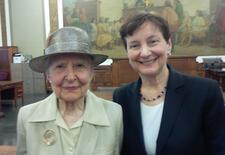
Shirley Siegel
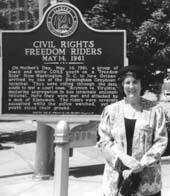
Carol Ruth Silver
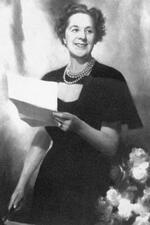
Caroline Klein Simon
Attorney Caroline Klein Simon’s long career included state office and judicial posts. She was a fierce advocate for gender and racial equality and made the first laws against real estate brokers using “blockbusting” tactics to force sales of homes.
Helene Simon
Greatly influenced by the socialist ideology of the Fabian Society in London, Helene Simon was as a pioneer in the theory and practice of social policy and welfare in Germany. Simon was a major advocate for structural changes in Germany’s welfare system, especially for the benefit of women and children.
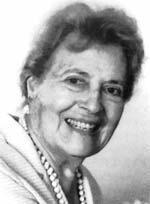
Virginia Snitow
Virginia Levitt Snitow was a multifaceted woman who was a teacher, political activist, pre-Second Wave feminist, poet, writer and founder of US/Israel Women to Women. Ahead of her time in the fight for both civil and women’s rights, Snitow was unafraid to take unpopular stances when fighting for others.
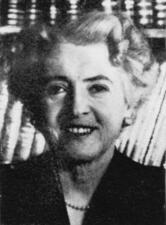
Bertha Solomon
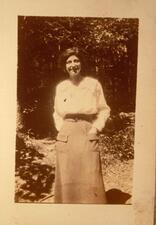
Maida Herman Solomon
Professor of social economy Maida Solomon was recognized as a pioneer in the field, contributing to the “invention” of the field of psychiatric social work and overseeing its definition, its development of standards, and its integration with the other institutions of modern American medicine and education—in short, its professionalism.
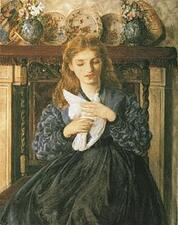
Rebecca Solomon
Rebecca Solomon’s success as a professional artist was remarkable in the mid-nineteenth century, a time when women artists were the exception rather than the rule. While her artistic style conformed to the most popular art of the time, she used her visual images to critique ethnic, gender, and class prejudice in Victorian England.
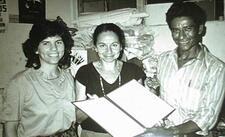
Judy Somberg
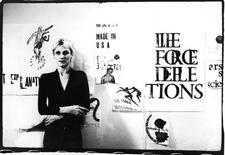
Nancy Spero
Nancy Spero was a figurative artist concerned with difference and the representation of the body. Rejecting postwar trends towards Pop art and abstract impressionism, Spero co-founded the AIR (Artists in Residence) Gallery in 1972, the first cooperative gallery of women artists. Spero also created a mosaic for the Lincoln Center subway station called “Artemis, Acrobats, Divas, and Dancers.”
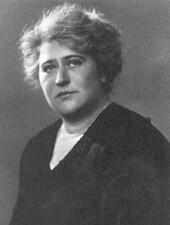
Constance Amberg Sporborg
Constance Amberg Sporborg was a career clubwoman who dedicated her life to the advancement of women’s rights, immigrant settlement, international organizations, and world peace. Working in New York City in the early twentieth century, Sporborg aided both Jews and gentiles.
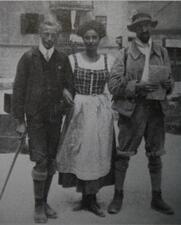
Sports in Austria 1918-1938
This article gives an overview of the participation of Jewish women in Austrian sport from the Habsburg monarchy to the present day. Drawing on selected biographies of sportswomen and functionaries, and with a regional focus on the capital city of Vienna, it explores the double relationship between female emancipation and Jewish self-assertion in an environment that had long been male-dominated and anti-Semitic.
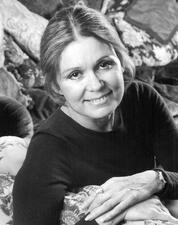
Gloria Steinem
Gloria Steinem was a leader of second-wave feminism and the co-founder of Ms. Magazine, the first feminist periodical with a national readership. As a journalist and spokesperson, she mobilized a generation of women to advance the cause of women’s liberation. Steinem has worked tirelessly all her life as an advocate for change.
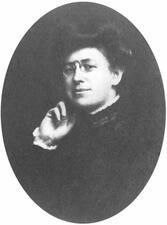
Pauline Perlmutter Steinem
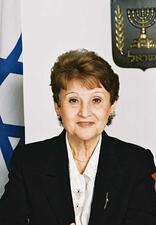
Tova Strasberg-Cohen
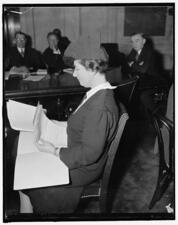
Dorothy Straus
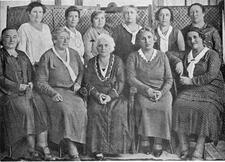
Suffrage in Palestine
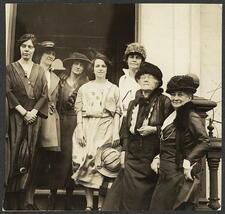
Suffrage in the United States
American Jewish women were heavily involved in the suffrage movement from its earliest days, though mostly as individuals rather than through organizations. Middle-class Jewish women believed the vote was necessary to achieve their broader reform goals, while working-class women hoped enfranchisement would improve their working conditions and economic opportunities. By the time the Nineteenth Amendment finally passed in 1919 the American Jewish community overwhelmingly supported it.
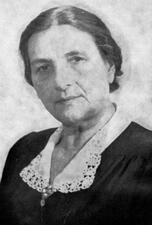
Hasya Sukenik-Feinsod
Hasya Sukenik Feinsod served as director of the Hebrew Kindergarten Teachers College. In 1919 Feinsod was appointed by the Education Committee to serve as superintendent of kindergartens in Jerusalem. She headed the Association of Kindergarten Teachers, and she was the first and only female representative on the Education Committee.
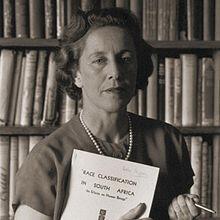
Helen Suzman
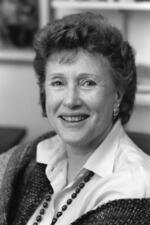
Amy Swerdlow
Amy Swerdlow (1923-2012), child of a Communist household in the Bronx, shared her parents’ dedication to making a better world but developed her own political agenda. She became a leader of the global women’s peace movement, a pioneer in the field of women’s history, and a professor of history and women’s studies at Sarah Lawrence College in Yonkers, New York.
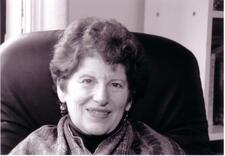
Meredith Tax
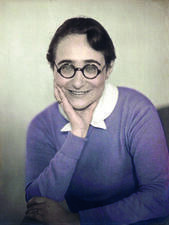
Gabriele Tergit
Rising to prominence as a journalist in Weimar-era Berlin, Gabriele Tergit, née Elise Hirschmann (1893–1982), was an important chronicler of German-Jewish life. In her journalistic writings and novels, Tergit wrote biting social satires, sweeping panoramic novels, and lucid, hard-hitting commentaries on current events. A liberal whose writings reveal her strong commitments to social justice, women’s rights, and humanism, Tergit was forced to flee Germany in 1933 and settled permanently in London in 1938.
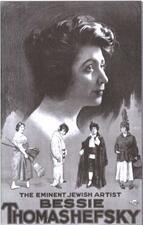
Bessie Thomashefsky
With suffragist spirit and comedic skill, Bessie Thomashefsky adapted great American and British plays for Yiddish-speaking audiences. Thomashefsky performed Yiddish adaptations of plays by Chekov, Wilde, and Shakespeare, as well as modern Yiddish creations at the People’s Theater in New York, playing many strong female characters. From 1915 to 1919, she ran the People’s Theater and renamed it for herself.


